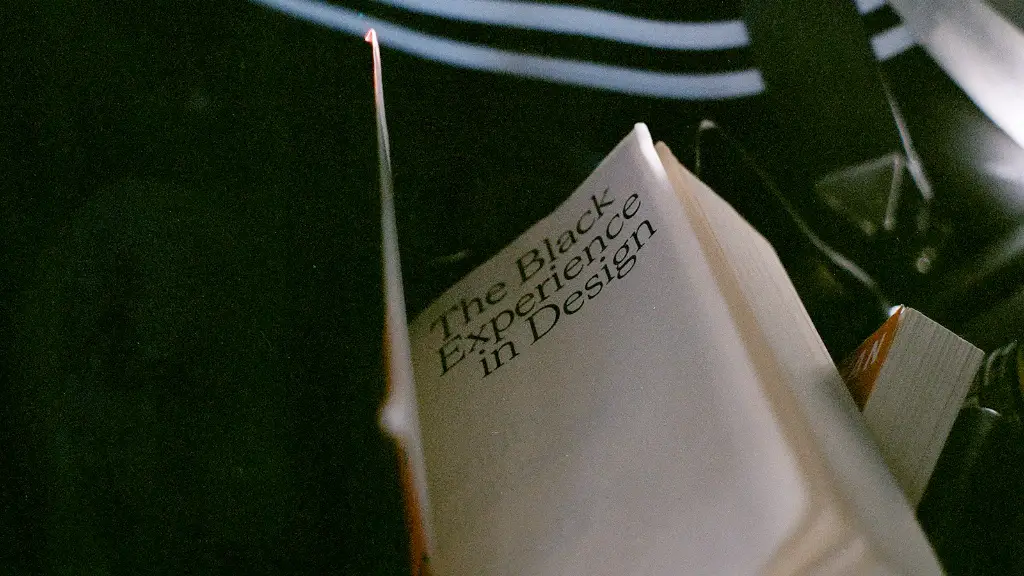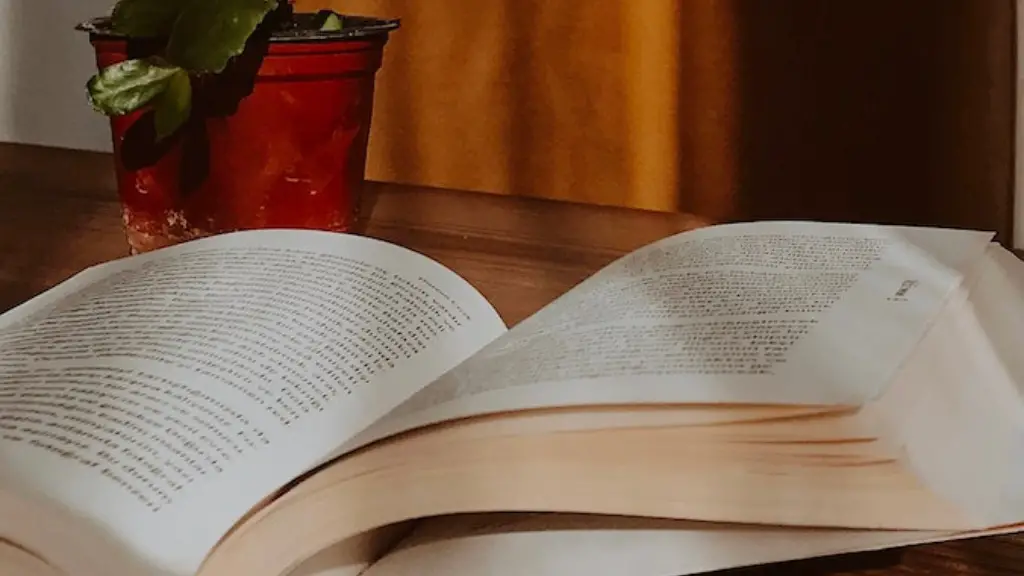Intro
Poetry is a form of literary art and expression that has been around for centuries. But what is the difference between a poem and poetry? Poetry and poetic language can be complicated and multi-faceted. In this article, we will explore the differences between the two in more detail, providing background information, relevant data, perspectives from experts and analysis on this intricate topic.
What is Poetry?
Poetry is a genre of writing that creates meaning from language and sound to affect its audience. It uses creative elements such as rhyme, rhythm, and imagery to convey a message or tell a story. Poetry can be structured, free-form, abstract, or concrete. It can be a combination of the elements or just a few. It is generally considered to be literature, although it can also be found in other forms of art, such as song lyrics and spoken word.
What is a Poem?
A poem is a single piece or work of poetry. It is a form of literary expression that typically consists of metaphors, symbols, images, and language to create meaning. A poem can also contain elements of story-telling, as well as being a vehicle for conveying emotion or showing a unique point of view. Poems can vary in length and complexity, but they generally must communicate a single idea or emotion.
Differences between Poem and Poetry
Though some people may use the terms interchangeably, there are key differences between a poem and poetry. The most important distinction is that a poem is a single work of poetry, while poetry is a literary form comprised of many individual poems. Poetry is usually structured in some form, such as a short lyric poem or a longer narrative poem, while a poem can be as varied as the poet’s imagination and language.
Poetry also relies heavily on creative elements such as imagery, meter, structure, and rhyme to convey a message or communicate emotion. A poem, on the other hand, may not include any of these elements or they may be present only in part. Furthermore, while poetry can be seen as a form of literature, a poem is not necessarily meant to be read as literature. It is instead a way for a poet to express themselves in written form.
The Benefits of Poetry
Research has shown that reading, writing and engaging with poetry can have numerous mental health benefits. Poetry can help to reduce stress and anxiety as it helps to center the attention of the reader on a specific topic. It can also be used as a form of self-expression and therapy, allowing people to express feelings and thoughts that might otherwise be difficult to explain. Poetry can also enhance creativity, as it encourages people to use metaphors and language to convey meaning.
Impact of Poetry on Literature
Poetry has had a profound impact on literature and culture around the world. By using metaphor and symbolism, poets have often been able to capture moments and emotions that would otherwise remain inexpressible. This has allowed them to become the voices of their time, as they are able to communicate powerful messages of humanity, love, and loss.
Poetry can also be seen as a form of activism, as it can be used to address societal issues, challenge oppressive systems, and give voice to the marginalized. Furthermore, poets are often able to offer unique perspectives on topics and events, as their ability to weave together poignant images and stories often allows them to provide deeper insights than more straightforward forms of writing.
Analysis and Interpretation
The differences between poetry and a poem are sometimes blurred and often a matter of interpretation. A poem can be seen as a single expression of the poet, while poetry is considered to be an overarching genre of writing. Poetry is often used as form of literary expression, while a poem is typically seen as a vehicle for conveying emotion or sharing a unique point of view.
Writing and engaging with poetry has many benefits, both mentally and emotionally, as it can offer an outlet for self-expression and can even help to reduce stress and anxiety. Poetry has also had a major impact on literature and culture, as it has provided a voice to the oppressed and helped to give perspective to moments and emotion that would otherwise remain inexpressible.
Syntax, Grammar and Structure
Syntax and grammar can play a significant role in conveying the emotion and meaning of poetry. Different poets may use varying combinations of these components in order to create a desired effect. For example, a poem may contain an AABB rhyme scheme, wherein two lines of text will rhyme, followed by two more lines that rhyme, and so on. Structurally, a poem can be arranged in lines and stanzas for a more visual effect, or it can be more free-form and abstract.
History and Origin
Poetry has been around for centuries and its origins can be traced back to Ancient Greece and Rome. Poetry has been used in many forms throughout history, from religious hymns to bards and storytellers, to modern day song lyrics and spoken word artists. Though the practice of creating and engaging with poetry has changed over the years, its purpose and impact remain the same – to capture moments, convey emotions and share with the world.
Style and Language
The style of poetry can vary greatly depending on the poet. It can be traditional and structured, or more abstract and experimental. Different poets may also choose to use different types of language and techniques in order to communicate their desired emotions and messages. Some poets may use vivid imagery and clever wordplay to create a more powerful effect, while others may rely more on sound and structure.
Conclusion
Though the terms ‘poetry’ and ‘poem’ are often used interchangeably, there are significant differences between the two. Poetry is a genre of writing that creates meaning from language and sound. A poem is a single work of poetry, generally consisting of metaphors and symbols to create meaning. Poetry has been around for centuries and can be seen as a form of literary expression, while a poem is a vehicle for conveying emotion or sharing a unique point of view. Poetry has had a major impact on literature and culture, and offers many mental health benefits. There are many elements to poetry—from sound and structure, to language and style—and these can vary greatly depending on the poet.


